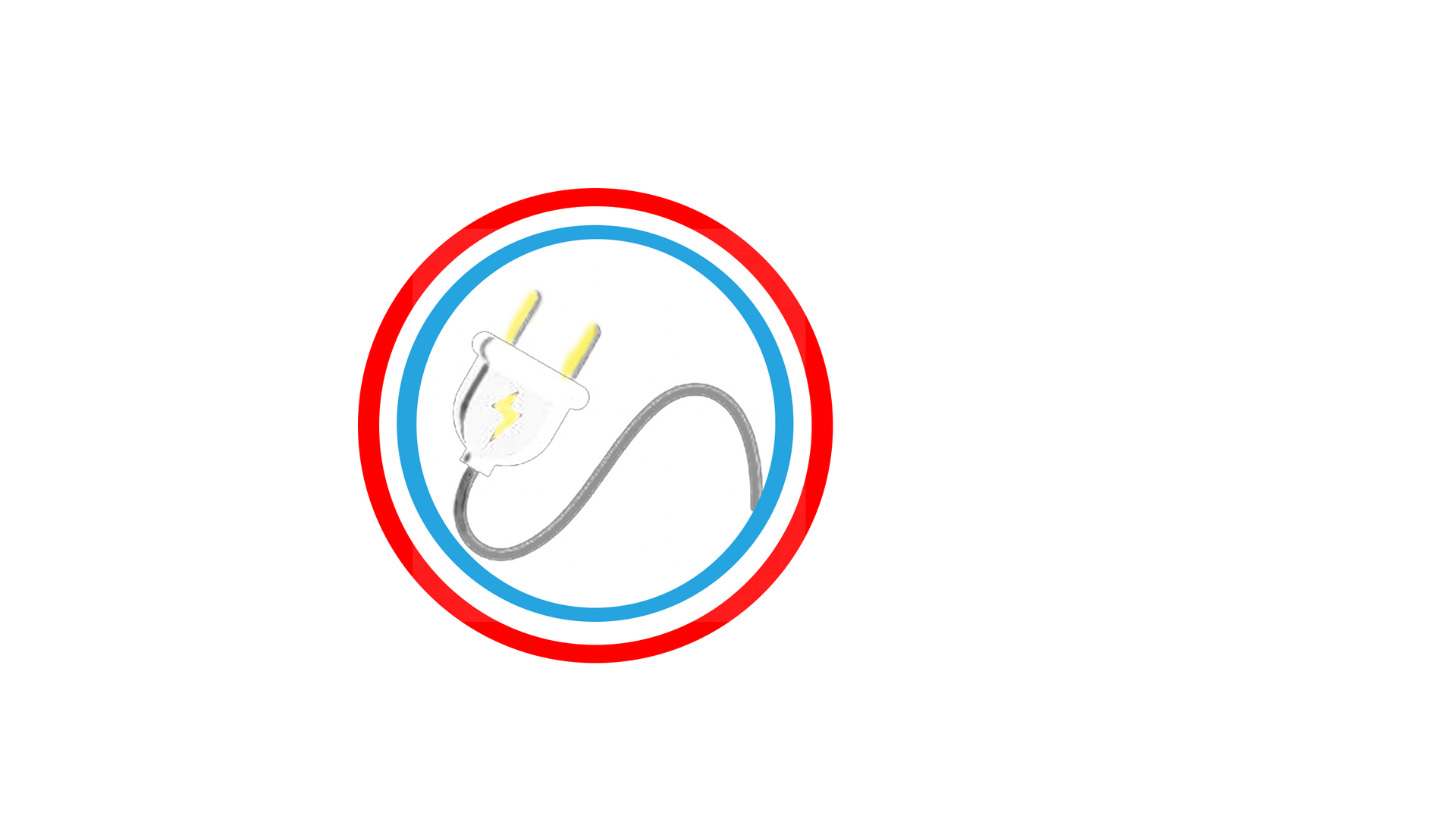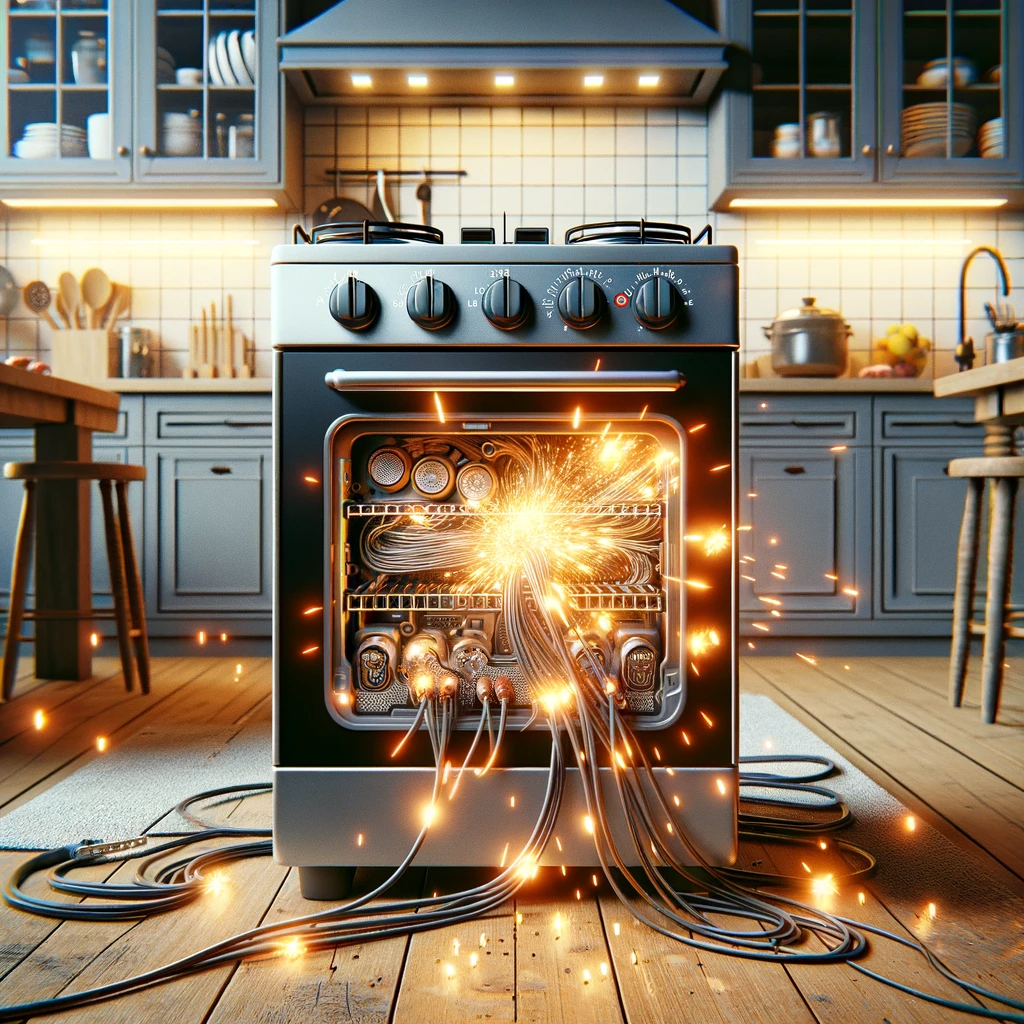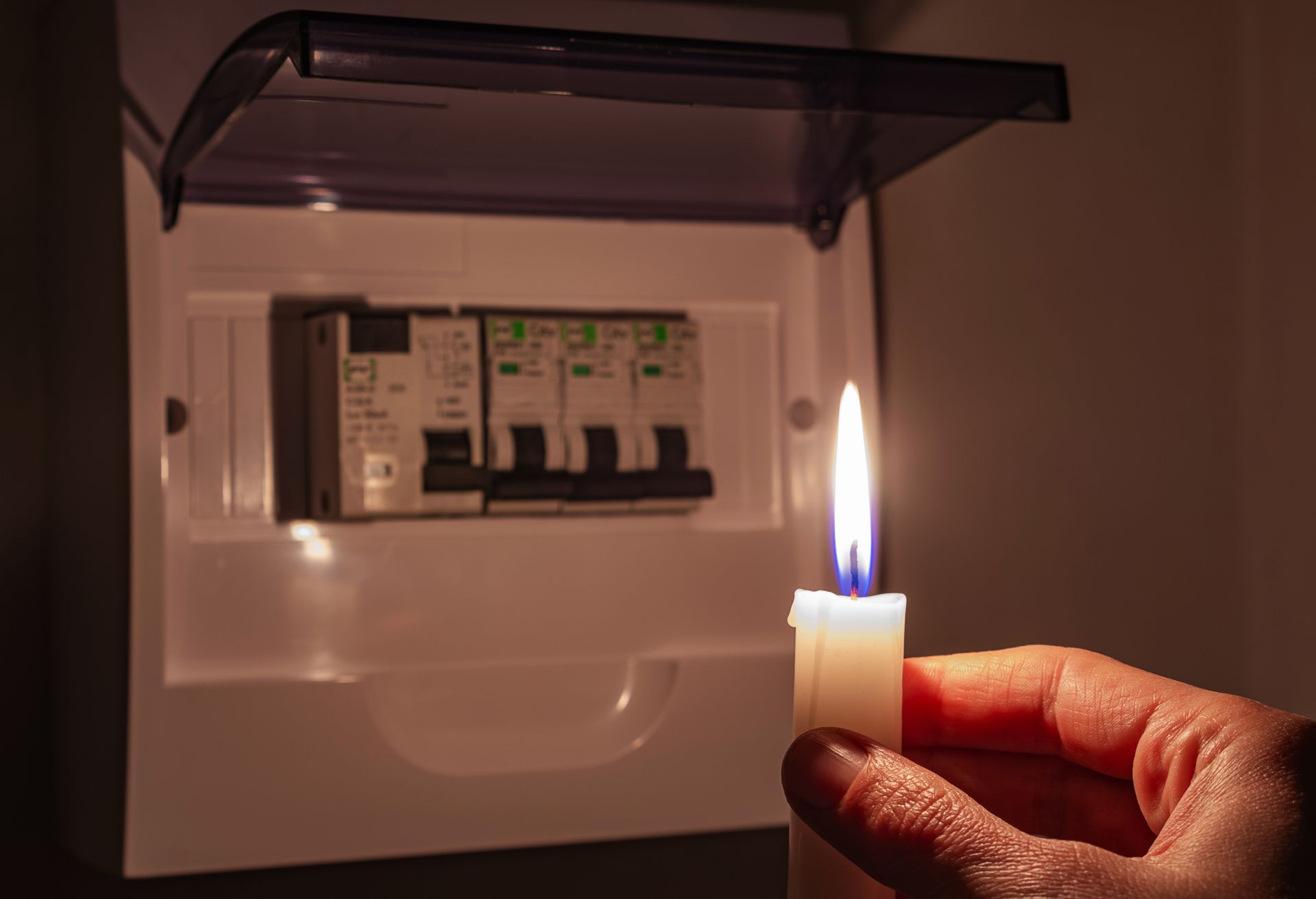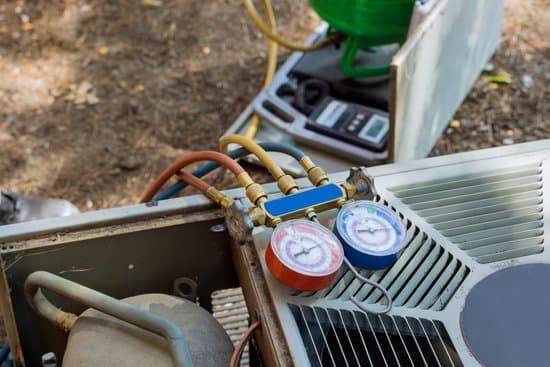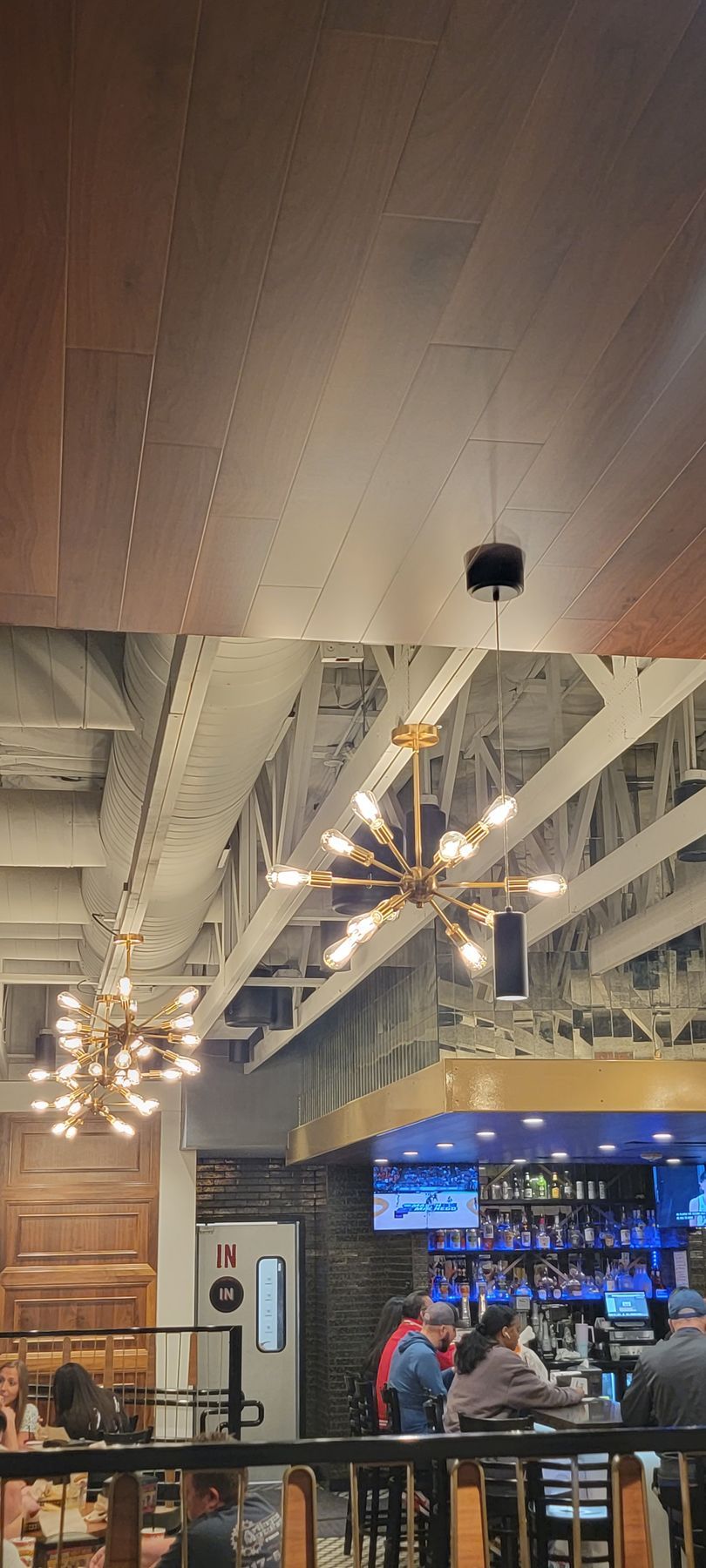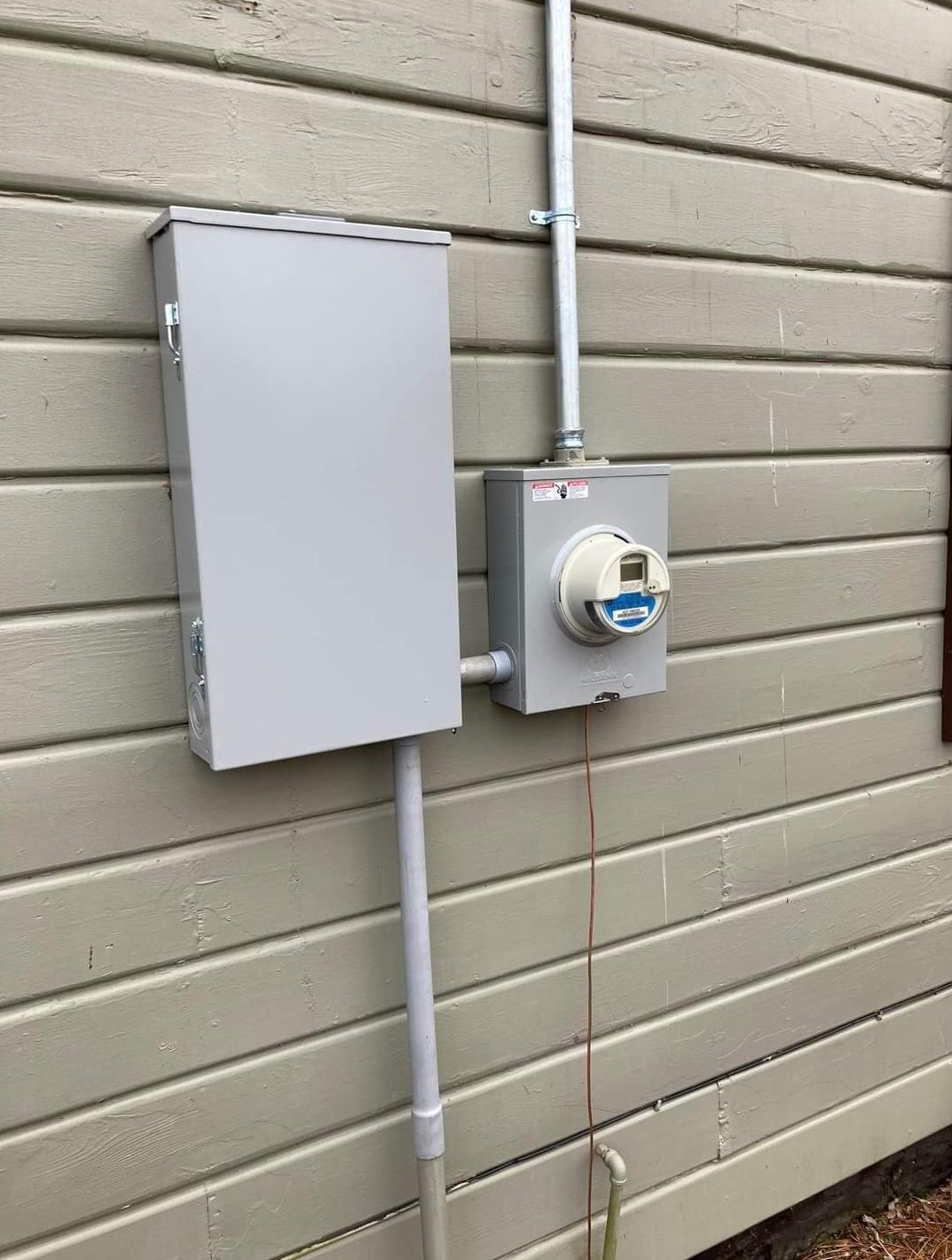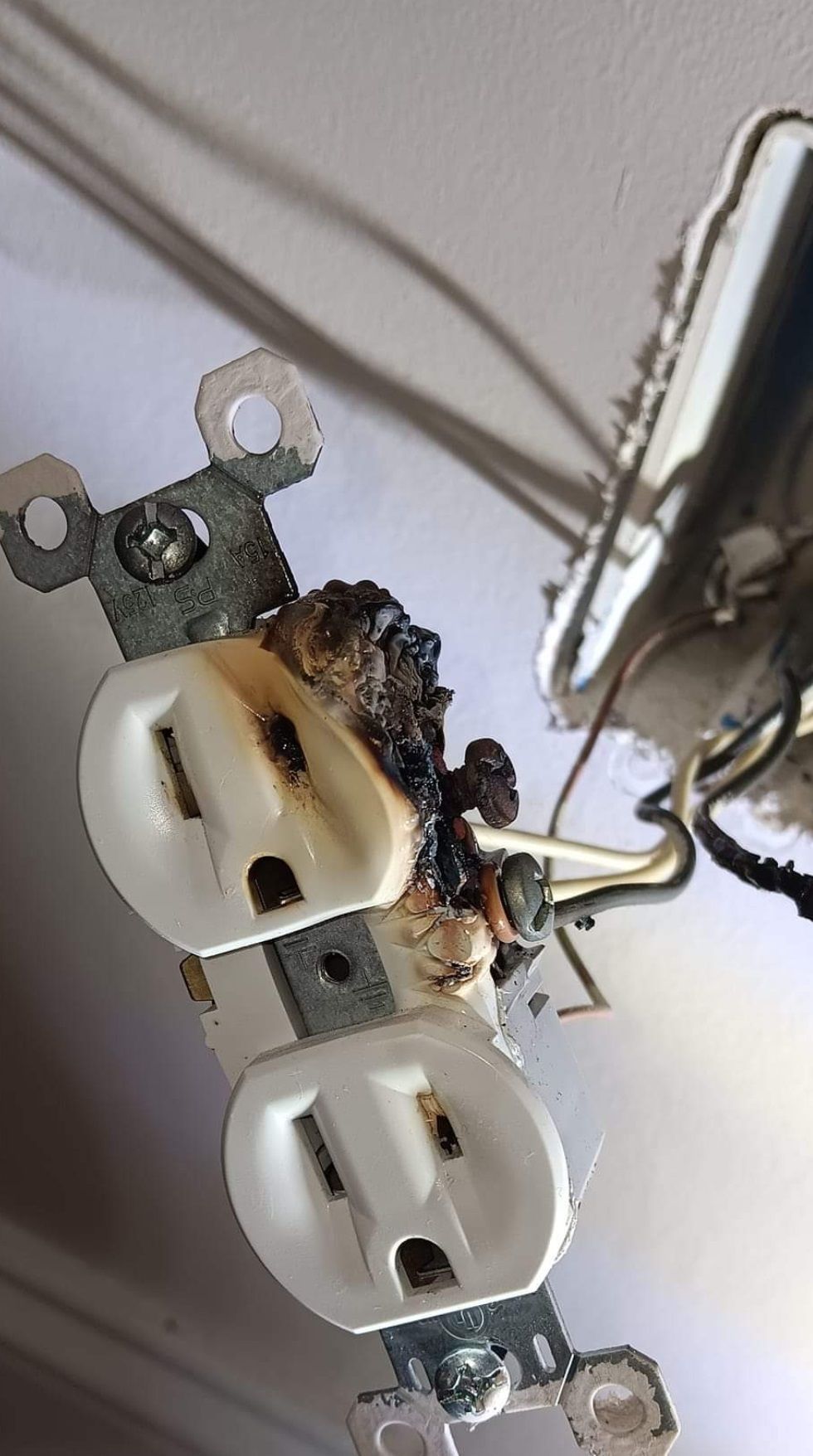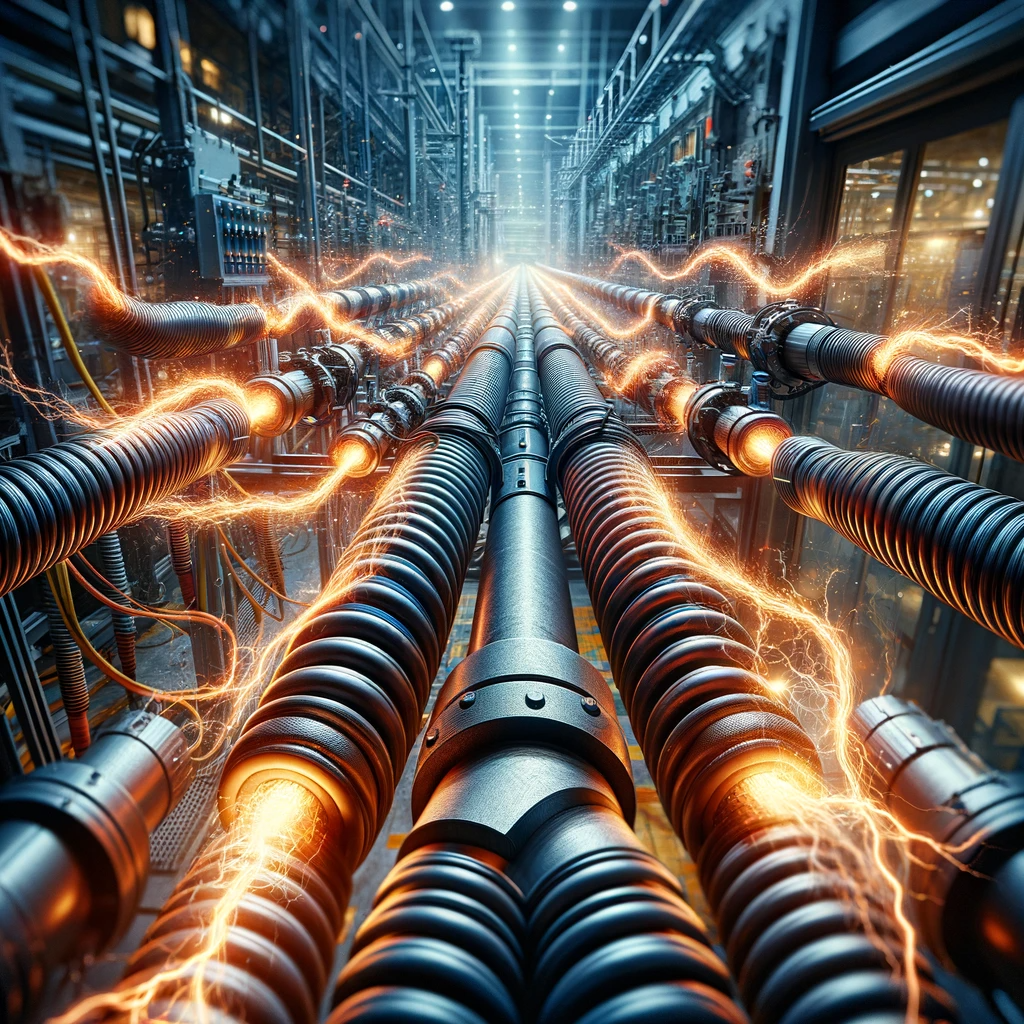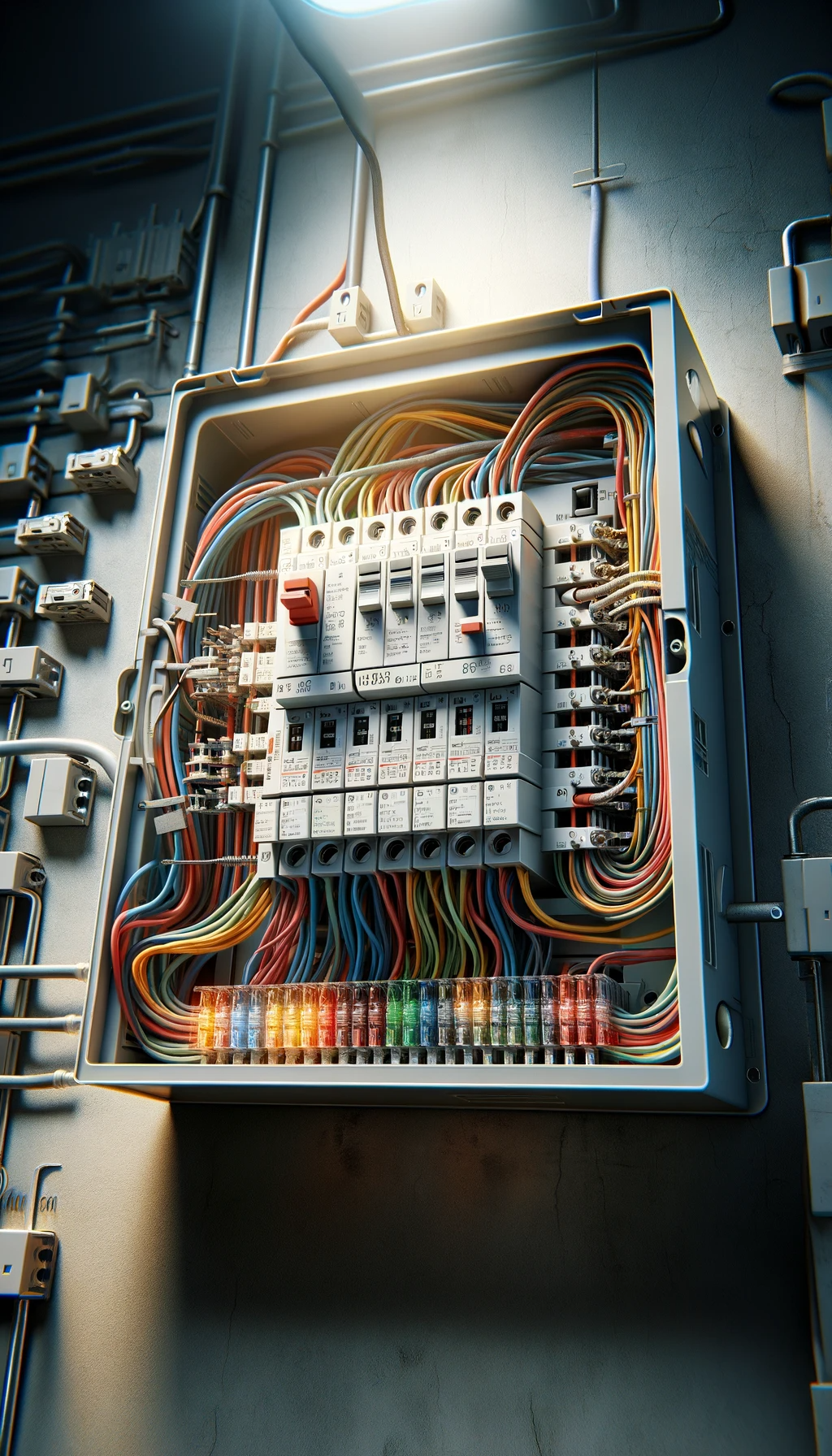Choosing the Right Connections for Your Home Appliances
This is a subtitle for your new post
In the world of home appliances, making the right connection is crucial for both safety and functionality. From your refrigerator to the washing machine, each appliance has specific requirements that, if not properly met, can lead to inefficiencies or, worse, safety hazards. This blog post delves into how to choose the right connections for various home appliances, ensuring a harmonious and safe home environment.
Understanding Appliance Connections
Each appliance comes with its unique set of connection needs. These include electrical requirements, water supply connections, and gas lines for certain appliances. It's essential to understand these needs to ensure that your appliances function optimally and safely.
Electrical Connections: Safety and Compatibility First
- Voltage and Plug Types: Check the voltage requirements and plug type of your appliance. Using the wrong voltage or adapter can damage the appliance and pose a fire risk.
- Dedicated Circuits: For high-power appliances like ovens and dryers, a dedicated circuit is advisable to prevent overloading your home’s electrical system.
- Grounded Outlets: Ensure that outlets are properly grounded, especially for appliances in damp areas like washing machines in laundry rooms.
Water Connections: Avoiding Leaks and Water Damage
- Quality Hoses and Fittings: Use high-quality hoses and fittings for appliances like washing machines and dishwashers to prevent leaks.
- Shut-Off Valves: Install shut-off valves for easy maintenance and to quickly stop water flow in case of a leak.
- Proper Alignment and Leveling: Ensure appliances are level to avoid undue pressure on hoses and connections.
Gas Connections: Precision and Safety
- Professional Installation: For gas appliances like stoves and dryers, professional installation is crucial to ensure safe and leak-free connections.
- Regular Inspections: Periodic inspections of gas lines and connections by a qualified technician can prevent dangerous gas leaks.
Smart Appliances: The Digital Connection
- Wi-Fi and Smart Hubs: Ensure your Wi-Fi network is robust for smart appliances, and consider a dedicated smart home hub for centralized control.
- Compatibility with Home Ecosystem: Choose appliances that are compatible with your existing smart home ecosystem for seamless integration.
The Importance of Manufacturer’s Instructions
Always refer to the manufacturer’s instructions when connecting appliances. These guidelines are tailored to the specific requirements of each appliance and are designed to ensure safe and efficient operation.
Conclusion
The right connection for the right appliance is a mantra that should guide any homeowner or renter when setting up their home appliances. It’s not just about making them work; it’s about ensuring they operate safely, efficiently, and in harmony with your home’s infrastructure. By understanding and respecting the unique requirements of each appliance, you can enjoy the convenience and functionality they offer without worry.
